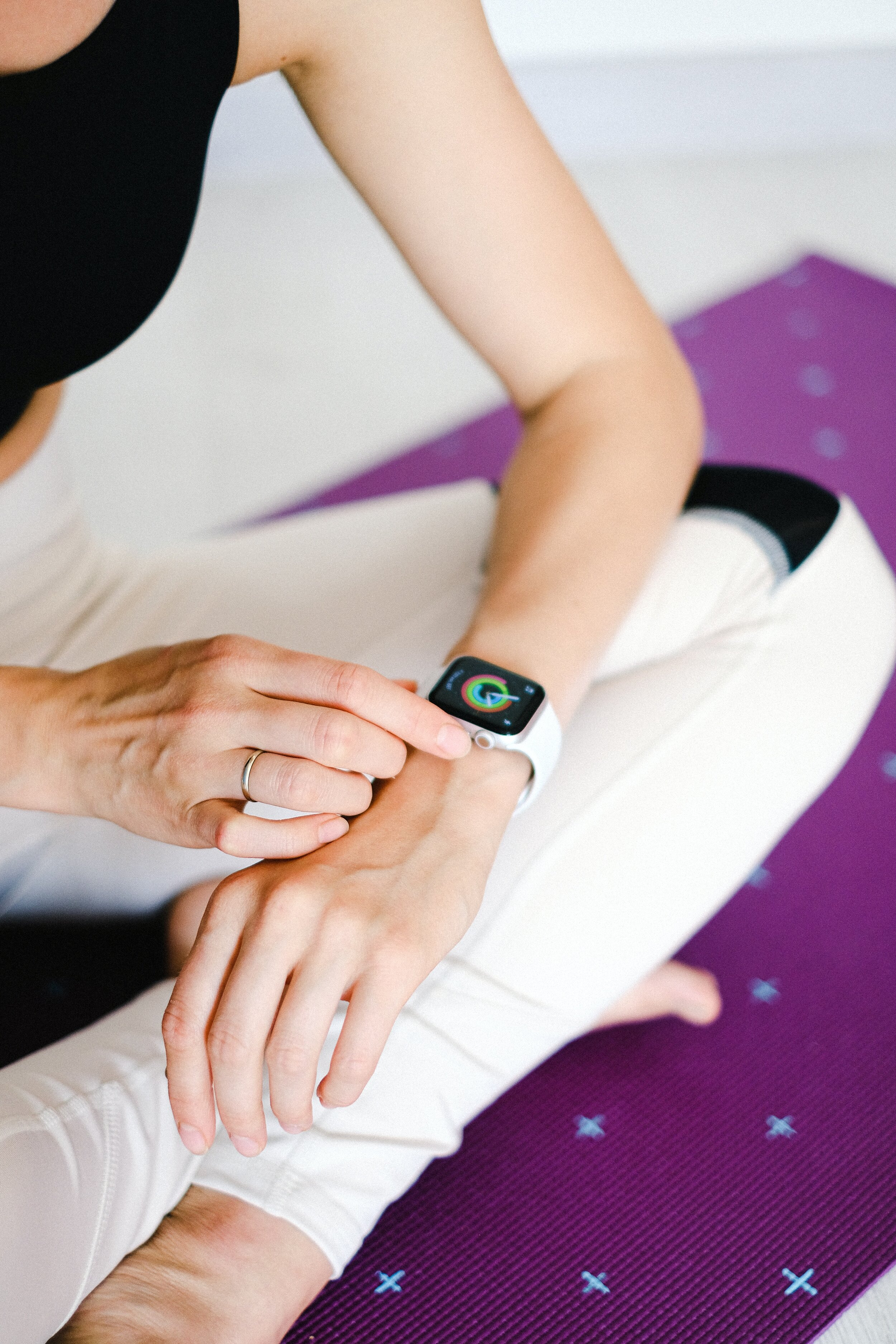The CDC estimates 10% of Americans have diabetes with close to 95% being diagnosed with Type II diabetes. Type II diabetes is differentiated from Type I, in part, by the body’s reduced sensitivity to the insulin it produces leading to higher levels of blood sugar (glucose). Diabetes can have serious health consequences including vision loss, nerve damage, kidney and heart disease. Primarily a disease affecting middle to older aged adults researchers recently have reported increased incidence in younger adults and children. A majority of these cases can be attributed to higher caloric intakes and reduced physical activity. Exercise has long been utilized as a first line treatment to improve insulin sensitivity and those suffering from Type II diabetes. A recent randomized controlled trial reported on the best time of day to exercise to improve our tissues’ insulin sensitivity and in turn blood sugar levels.
Mancilla and colleagues published their findings on exercise timing and its’ beneficial metabolic effects in 2020 (Physiological Reports). Authors randomized 32 adult men (ave age 58 y.o.) with Type II diabetes to a supervised aerobic and strength training exercise session at either 8-10am or 3-6pm. Each participant exercised 3 days a week for 12 weeks. Amazingly, compliance with the supervised program reached 98%. 2 of 3 days per week were focused on aerobic exercise on a stationary bike at 70% of their maximum workload for 30 minutes. On the third day each week they performed 3 sets of 10 repetitions at 60% MVIC. The strength training exercises including leg extension, leg press, chest press, lat pull down, rows, bicep and tricep curls, and core training. Although both groups improved, the afternoon training group demonstrated significantly better blood glucose levels, insulin sensitivity, fat mass, and exercise performance measurements. Authors concluded afternoon training may be more beneficial than morning training for patients with metabolic compromise.

